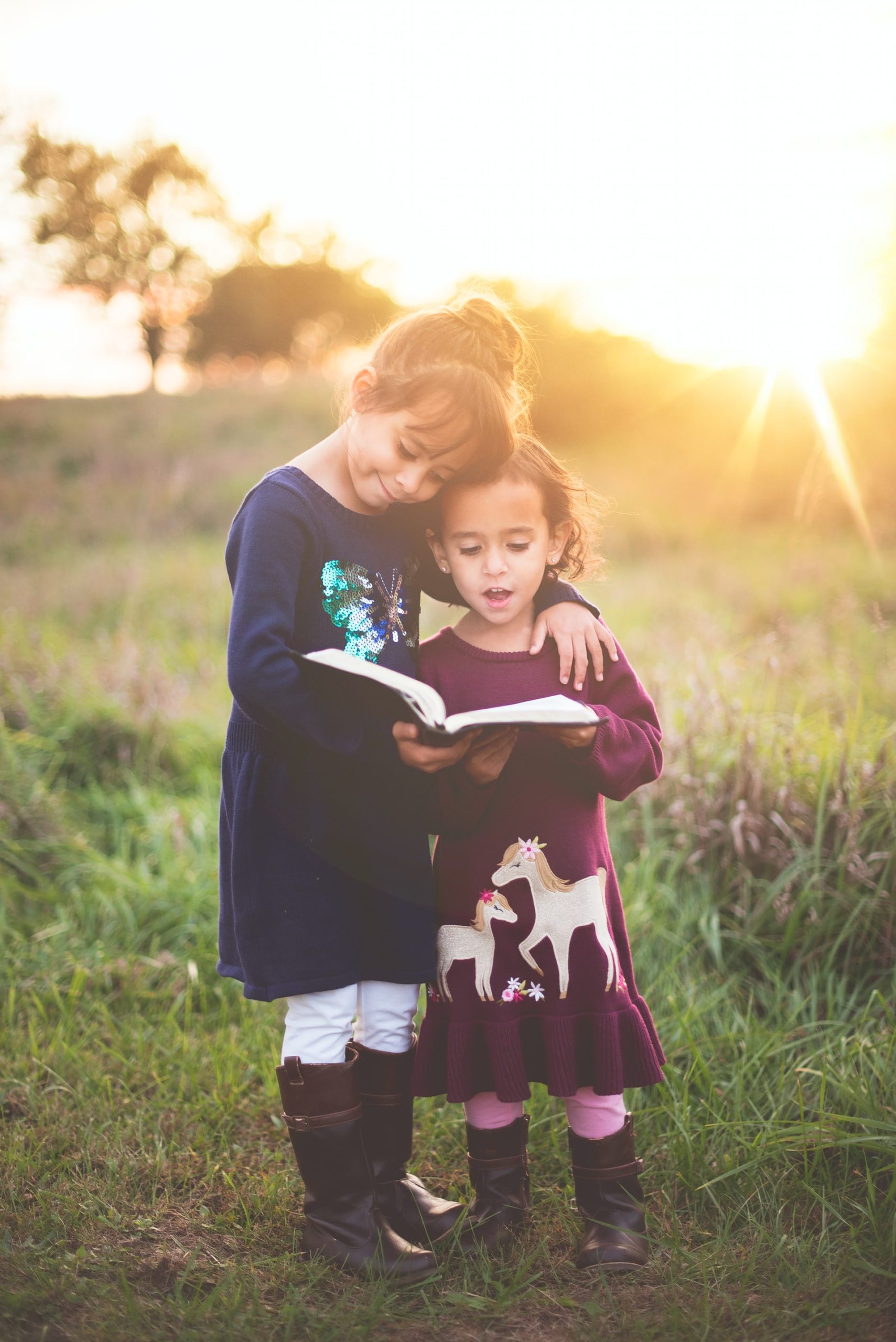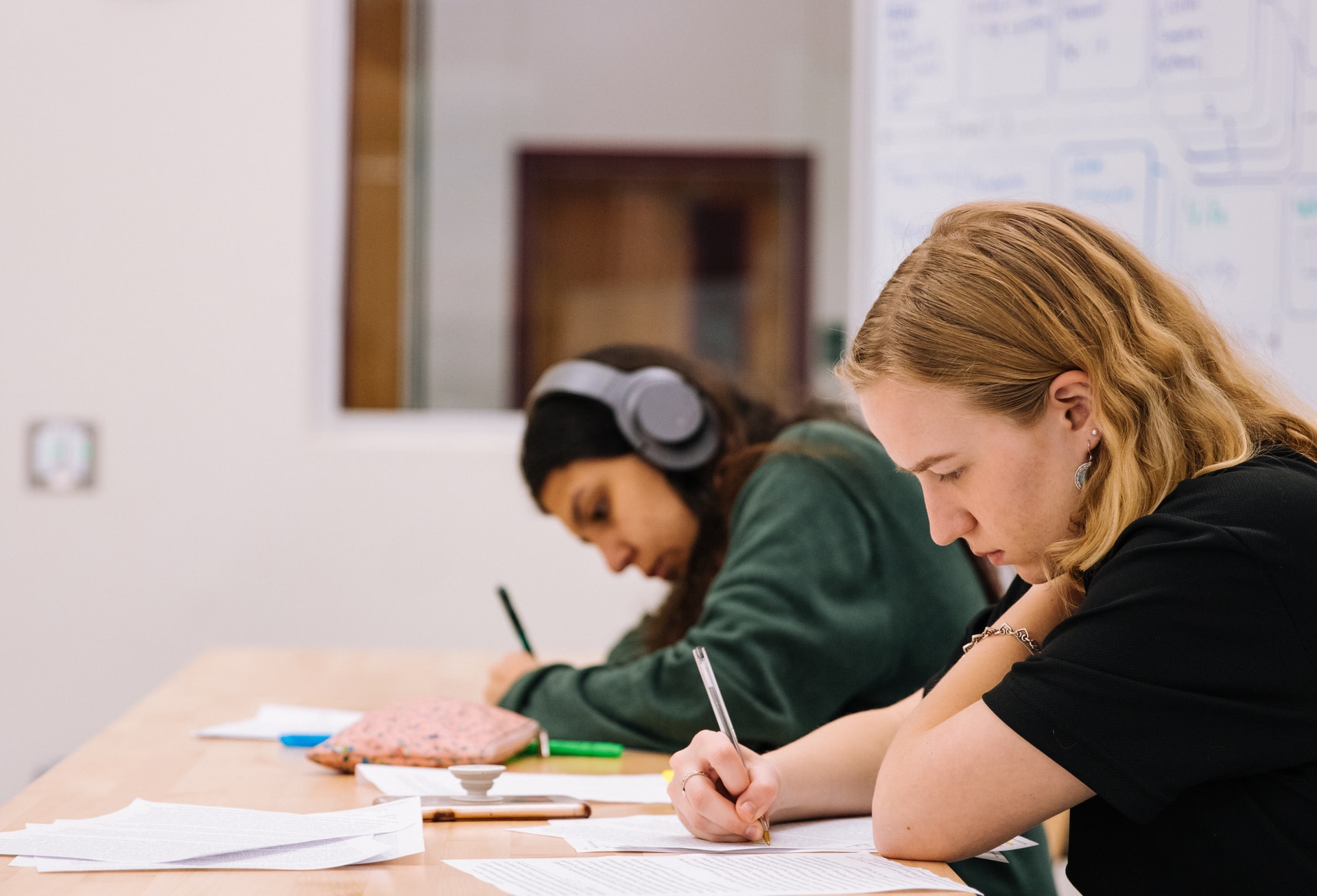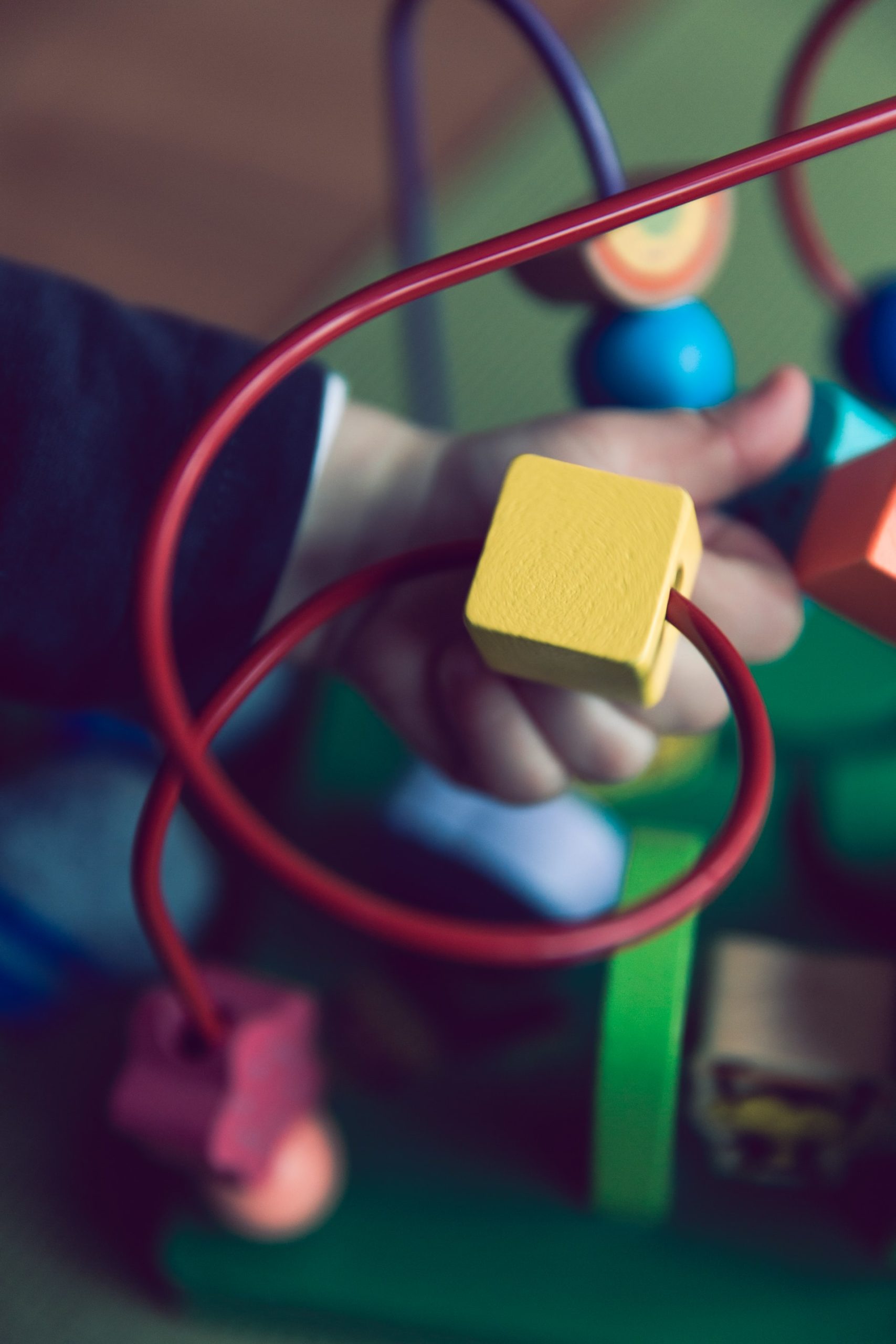 Over 4 million children in the United States have been diagnosed with an LD. One in every five children struggles with learning and attention-related difficulties. Learning disabilities in children are becoming more and more common these days.
Over 4 million children in the United States have been diagnosed with an LD. One in every five children struggles with learning and attention-related difficulties. Learning disabilities in children are becoming more and more common these days.
Exactly why these types of struggles are on a rise remains to be determined. What we do know is that there has been an increase in Learning Disabilities. We also know that finding information and support is sometimes difficult. (Please note we will using LD to abbreviate “Learning Disability” in this article.)
In this article, we are going to look into different types of Learning Disabilities children and adolescents may experience. We will also review different supportive services and treatment approaches available for children and adolescents experiencing Learning Disabilities, schooling options, and the benefits of counseling for children and adolescents experiencing LDs and their families.
What a Learning Disability is and What it is Not
Psychology Today defines an LD this way: “LDs are disorders that affect one’s ability in the domains of spoken or written language, mathematical calculation, attention, or the coordination of movements. “
Here are a few things that are true about LDs:
- They interfere with a child (or adult’s) ability to learn
- A person may have more than one
- We do not fully understand why they develop
- While they cannot be “cured,” folks can develop ways to learn
- If a parent or sibling has an LD, a child has a greater chance of developing one as well
- Diagnosis most often occurs between the ages of 8-10 but the symptoms may present themselves much earlier
- Children are not being “lazy” or trying to get out of school work
Common Myths about Learning Disabilities
- Those with an LD are not as smart as their peers.
- In many cases, those with an LD have a higher IQ than their peers.
- Many highly gifted individuals have had LDs
- These formed because of negligent parenting.
- While extreme cases of neglect certainly impact learning, this is absolutely a myth. Fully attentive and loving parents may still have a child develop an LD.
- Blindness, deafness, physical disabilities, mental health disorders, behavioral disorders, and intellectual disorders are LDs.
 These are not LDs. While folks may struggle to learn because of these other disabilities or disorders, they are not classified the same way
These are not LDs. While folks may struggle to learn because of these other disabilities or disorders, they are not classified the same way
- Autism and Asperger’s are LDs.
- No, they are classified in a different way. Individuals with these may have other LDs as well but the learning struggles that come with these are not classified as LDs themselves.
- ADD/ADHD is an LD.
- While as many as 50% of children with a diagnosed LD have ADD or ADHD, they are classified differently.
Most Common Types of Learning Disabilities
These are several different LDs. These are the most common. They can vary in severity drastically from person-to-person. If you believe your child (or yourself) has any of these struggles, reach out to your counselor, doctor, teacher, or a professional for testing.
Auditory Processing Disorder. Affects hearing. Children most often struggle to hear the differences between words and sounds.
Dyslexia. Affects reading and language skills. Children may struggle to understand written words and can also impact writing, spelling, comprehension, and recognition of written words.
Dysgraphia. Affects fine motor skills. Children may struggle with handwriting, visual-spatial skills on paper, poor spelling, and the writing process.
Dyscalculia. Affects mathematical skills. This most often shows up when learning arithmetic. Children may struggle with learning or recognizing numbers, solving equations, telling time, counting, or identifying math symbols.
Non-Verbal Learning Disorder. Affects verbal skills. This is a complicated disorder that results in children struggling with language, social skills, communication, understanding nonverbal cues, visual-spatial struggles, and understanding emotions.
A note on gifted children. It is not uncommon for gifted children to have one, or more LDs. This is not always the case, however. Sometimes gifted children do not have any and may struggle in school because they do not get special services the same way kids with LDs do. There are professionals advocating for an official “diagnosis” for gifted children to enable them access to special services and specialized education.
Common Supportive Services and Treatment Approaches
In a traditional school setting, parents or teachers may request an evaluation for an Individualized Education Plan (IEP) for a child or adolescent displaying difficulties in learning. If considered appropriate for a student’s learning needs, this plan will provide the student with access to supportive resources and individualized services, which they may have not been otherwise provided with in the classroom.
“Child’s Toy”, Courtesy of Markus Spiske, Unsplash.com, CC0 License; The outline and process for these varies somewhat from state to state and even from school district to school district. An IEP may include any or a combination of the following supportive services:
- Physical Therapy
- Speech Therapy
- Social Skills Instructions
- Tutoring Services
- Adaptations to Sitting
- Computer Adaptations
- Specialized Technology
- An In-Class Aid
- Reduced homework, special assignments, or no homework at all
 These supportive services may not all be available in each school setting. In addition, sometimes these services will be recommended for outside of school or over school breaks.
These supportive services may not all be available in each school setting. In addition, sometimes these services will be recommended for outside of school or over school breaks.
At times medication may be recommended by a doctor or psychiatrist as well. Alternative medicine approaches such as constitutional homeopathic care and herbal formulas are also preferred by some families. These medications should only be prescribed and approved by a certified physician and monitored by someone well trained.
Dietary changes are often made with the help of a physician, naturopath, or nutritionist. Food coloring, sugars, refined grains, dairy, and gluten are the most common foods that some people with LDs have found benefit from removing. Many parents have found these supportive services and treatments to be helpful for children experiencing Learning Disabilities.
Counseling for Children and Adolescents with Learning Disabilities
It has been found to be beneficial for children with LDs to work with a counselor. Counseling could also be helpful for parents and/or siblings of children experiencing Learning Disabilities. Counseling can help children and adolescents understand themselves and the unique way their brain is wired.
In addition, counseling will help explore some of the individual emotional struggles each child experiences at school, socially, and at home. Children often feel “stupid” or embarrassed by their LD and experience difficulty finding positive ways to cope with their negative self-thoughts at times.
Unfortunately, children with LDs at times experience some stigma or teasing, which affects their self-esteem. Thus, counseling can help explore and treat these situations. Families can also learn ways to support the child, work through emotional struggles, and find much-needed support. In some cases, working with a child behavioral therapist as well, will be recommended.
Alternative Schooling Options
Parents sometimes choose to pursue alternative school options. In some cases, private and local public schools may not be equipped with specialized services and will make recommendations for alternative schooling. Below you will find few of the most common alternative schooling options.
Specialized Schooling
 This option allows a child to stay within the public school system, but provides them with a specialized learning setting. Students may spend part of the day in the classroom with other LD students and part of the day in their regular classroom. In some cases, students will spend all day in one classroom, in a smaller setting to provide student with higher support.
This option allows a child to stay within the public school system, but provides them with a specialized learning setting. Students may spend part of the day in the classroom with other LD students and part of the day in their regular classroom. In some cases, students will spend all day in one classroom, in a smaller setting to provide student with higher support.
These will come up as part of the IEP and parents may also request an alternative option. Some school districts have a specialized school, in which students with LDs continue to be part of their local public school, but focuses more in-depth on serving children and adolescents with learning struggles, differences, and disabilities.
Alternative School
There are a few schools in the country that exclusively serve students with LDs and special needs. Some require a professional referral, some are charter schools, and others function as independent private schools in which parents may enroll their student if they meet their specific qualifications.
These schools often function to help teach children how to best learn in a public school setting. Children will often attend one of these schools for a few years and then return to their public school. They may also attend one of these schools as a way to get intensive support for a few years.
Home School
Home school for children with LDs is an increasingly popular school option. Parents may choose to homeschool for a time and focus on intensive support or choose to home school throughout the child’s education. This school option allows some parents to fully customize their child’s education in a way that works best, for the unique way their brain learns basic and comprehensive information.
Students participating in home school may also make use of their public school community services and other resources in their public school network. Parents can work directly with their school district to incorporate additional public services into their student’s home school education.
God’s Perfect Plan for Your Child Experiencing Learning Disabilities
Many times parents may seek counseling as they try to understand why their child has a Learning Disability. Sometimes finding out that a family member experiences difficulties in learning may hurt our own self-esteem as parents or siblings, and different emotions could develop through this experience.
Working with a Christian counselor could help your family and you find God’s perfect plan for your child experiencing Learning Disabilities, giving purpose and meaning to each family member.
Through this article we have reviewed different types of Learning Disabilities (LDs) some children and adolescents may experience. We have also shared supportive services and treatment approaches available for children and adolescents experiencing Learning Disabilities, schooling options, and the benefits of counseling children with Learning Disabilities and their families.
Remember God’s perfect plan for your child experiencing Learning Disabilities and your family is yet to be discovered. Christian counseling could provide you the right tools to support your child experiencing Learning Disabilities and for each family member to full fill their destiny under God’s divine grace!
“Reading Together”, Courtesy of Ben White, Unsplash.com, CC0 License; “Studying”, Courtesy of Jeswin Thomas, Unsplash.com, CC0 License; “Child’s Toy”, Courtesy of Markus Spiske, Unsplash.com, CC0 License; “Graduation Day!”, Courtesy of Vasily Koloda, Unsplash.com, CC0 License

